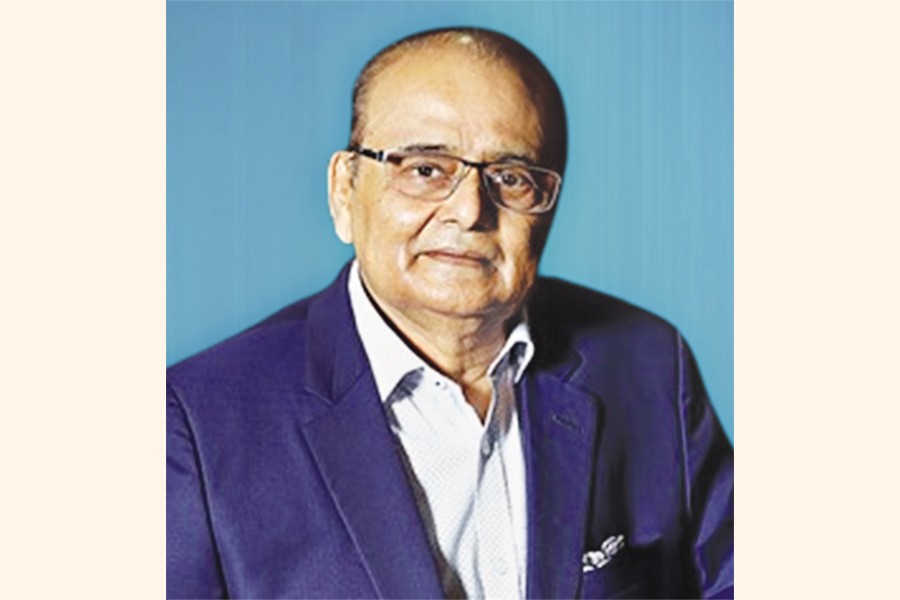Economy trapped in vicious cycle of high interest rates, weak growth: Dr Zaidi Sattar

Published :
Updated :

Bangladesh’s economy has slipped into a vicious circle of high interest rates, persistent inflation, weak investment and slowing GDP growth, making it increasingly difficult to break out of the cycle, said Dr Zaidi Sattar, Chairman of the Policy Research Institute of Bangladesh (PRI).
Speaking on Thursday, he said Bangladesh should examine how other countries responded to the 1997 Asian financial crisis and the 2008–09 global financial crisis to identify practical policy options for addressing the current macroeconomic stress.
The eminent economist made the remarks while speaking at an event at the PRI office in Dhaka to launch the October issue of Monthly Macroeconomic Insights (MMI), published under the Centre for Macroeconomic Analysis (CMEA) of PRI.
Anwar-ul-Alam Chowdhury, President of the Bangladesh Chamber of Industries (BCI), attended the programme as chief guest, while Dr Ashikur Rahman, Principal Economist at PRI, presented the keynote.
Dr Ashikur Rahman said the economy continues to face elevated inflation alongside deep-seated problems in the banking sector. The policy response—raising the policy rate and aggressively tightening liquidity—has helped bring inflation down to a 39-month low, he noted.
Even so, he warned that inflation could pick up again in the coming months as public expenditure rises, consumer spending strengthens and possible supply-chain disruptions emerge.
He said that deposit growth has returned to an upward trajectory, with deposits rising over the past two months and averaging around 10 per cent, and added that depositors confidence rebuild following incremental reforms in the banking sector by the interim government.
However, private-sector credit growth has slipped to a multi-year low as political uncertainty, financial-sector vulnerabilities and global instability have kept investors on the sidelines, he said.
“This restraint is visible in capital-machinery imports,” he said, pointing out that imports fell by 10.92 per cent in the July–September period of the current fiscal year, after dropping 20 per cent in the previous year.
Anwar-ul-Alam Chowdhury said the economy is “bleeding,” adding that the current government “basically does not care about the business community,” a situation he described as “very unfortunate.”
He said industries, particularly in the manufacturing sector, are under severe strain due to high inflation, rising interest rates and an energy crisis, with power generation dropping by 42–45 per cent.
“We must address the employment challenge, make industry more competitive and diversify our industrial base if we are to create sustainable jobs,” he said.
jahid.rn@gmail.com


 For all latest news, follow The Financial Express Google News channel.
For all latest news, follow The Financial Express Google News channel.